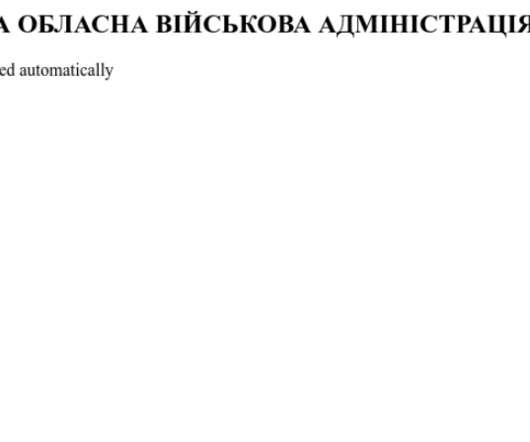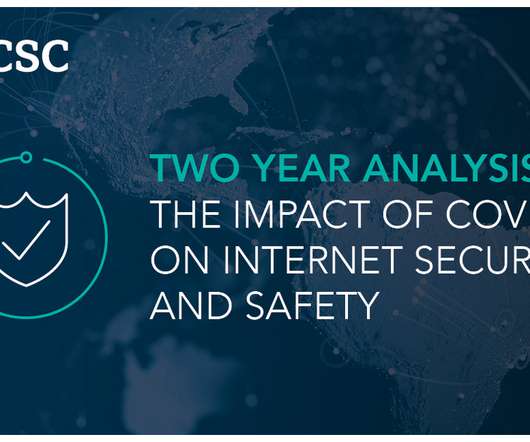Russian Sandworm APT impersonates Ukrainian telcos to deliver malware
Security Affairs
SEPTEMBER 21, 2022
Russia-linked APT group Sandworm has been observed impersonating telecommunication providers to target Ukrainian entities with malware. Russia-linked cyberespionage group Sandworm has been observed impersonating telecommunication providers to target Ukrainian entities with malware. ” reads the report published by Recorded Future.












Let's personalize your content